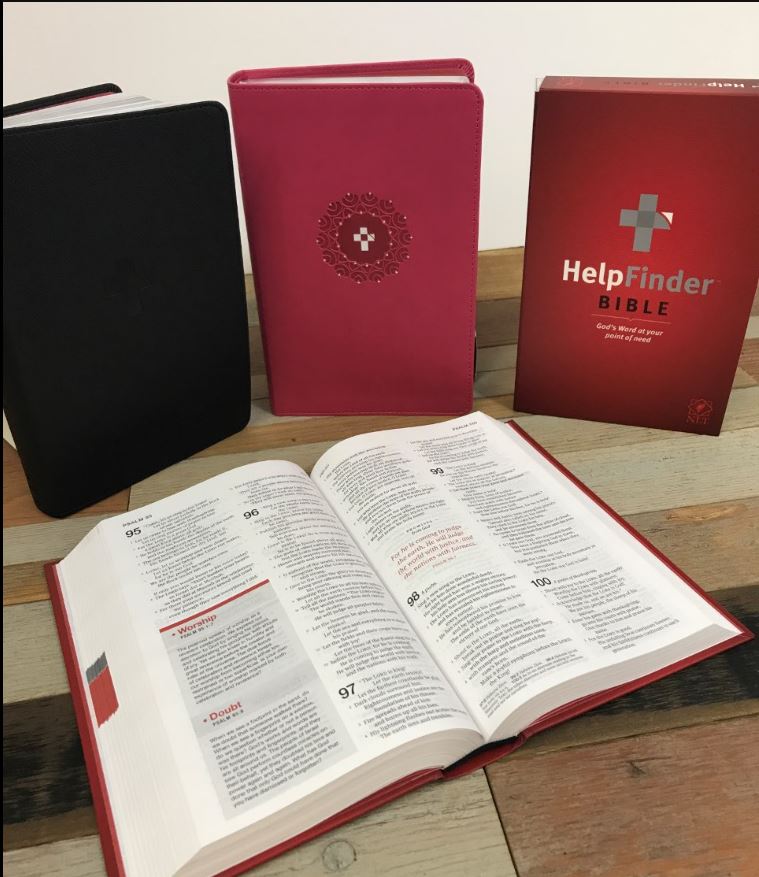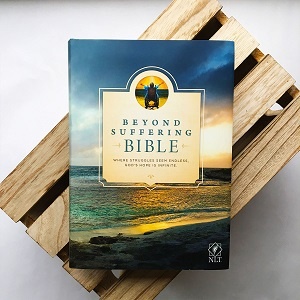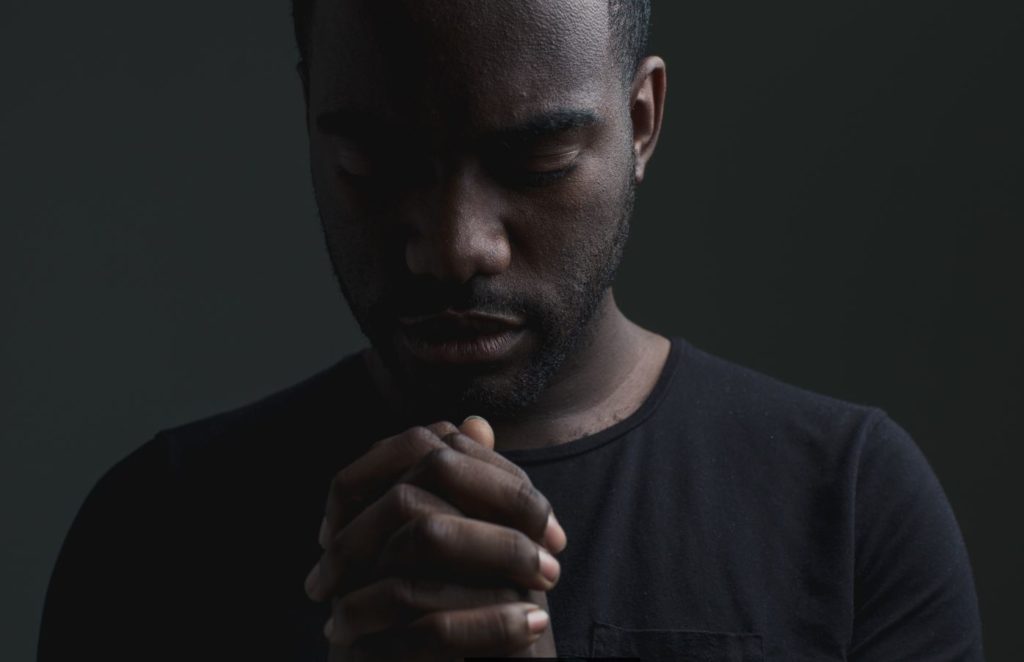Many adults are struggling to read the Bible. We know this.
At some level it’s understandable because the Bible is a big, complicated, and
very ancient book. Yet the Bible is where Christianity gets its story, so the
faith community needs to be deeply committed to knowing it well regardless of
the challenges.
If adults are struggling, what should we expect from kids? If
the Bible is tough going for the grownups, it’s going to be even tougher for
young readers, right?
In a word . . . yes. But maybe it’s time to look
at how we’ve been trying to introduce kids to the Bible. What, exactly, has
been our goal? What’s the right expectation for kids reading, knowing, and
understanding the Bible? And what would the path to solid Bible fluency look
like for kids?
Where We’ve Been
Simply from looking at our standard Bible curricula, it
would seem that what’s actually happening is that we have other goals besides
fluency (spiritual formation, teaching morals, building faith, etc.) that cause
us to use the Bible in certain ways. The intended purpose is not often to
foster a deep engagement with Scripture itself. As a result, within any given
lesson the Bible is encountered merely as either a theme verse or two, or a
safely paraphrased version of a “Bible story.”
Perhaps this approach is seen as a good and necessary
adaptation of the Bible for readers who are young and not yet proficient. That makes
sense, right? Well. . .
The problem with giving children only a verse or two is that
this approach tends to stick around as readers get older. Even into adulthood we
continue to show and teach the Scriptures by referring to select Bible verses.
The consequence of this is that many people persist in thinking the Bible is in
fact a collection of these verses (and if they are honest, admitting that some
verses are better than others).
And the problem with an ongoing diet of paraphrased Bible
stories is that such narrations are not actually the Bible. They are typically
told with any age-inappropriate elements toned down or taken out. And of course,
any paraphrase represents someone’s interpretation of the essence of a
particular story.
All of this is appropriate in a sense, but there’s also a
danger here. Many of these “safe” versions of the stories are never replaced
with the actual biblical texts as kids turn into teenagers and then young
adults. This means that young readers often wind up not learning the way
biblical language actually sounds and actually works. And older kids never learn
to engage with the stronger, stranger, more complex versions of these stories
that the Bible actually tells.
When do we get around to teaching young adults how to handle
the real Bible?
Furthermore, these collections of paraphrased stories are
often treated as stand-alone lessons, so kids don’t ever learn how the stories are
connected and how they build on each other to tell the bigger biblical
narrative. And rarely are different kinds of literary writings acknowledged. A
curriculum constructed of “Bible stories” will naturally have difficulty
incorporating letters, songs, wisdom sayings, and other literary varieties in
Scripture.
So are we discipling kids into not being Bible readers?
What would the average child take away from their long-term
experience with the Bible in our current teaching approach? Have they taken the
first steps toward receiving the Bible on its own terms? Or have they been
taught to use the Bible in simplistic and misleading ways?
I’m reminded of a conversation we had with a prominent
publisher of children’s Sunday School resources and Bible curricula. After
reviewing their programs and comparing them with our perspective on Bible
engagement, one of their executives, deep in thought, looked up and said, “So
you’re telling me that if our programs are successful, we are actually
producing generations of non–Bible readers.”
Are kids growing up learning that the Bible is a book to be
read? Do kids have any inkling of the big story? Are they falling in love with
Jesus—that is, with Jesus as understood in the context of the overall
narrative?
What To Do?
At the Institute for Bible Reading, we’re working on answers to these reading problems. As young people within the church grow up, graduate, and head out on their own in various ways, a healthy and hearty appetite for Bible reading doesn’t seem to be going with them. It shouldn’t be a surprise, then, that there is a low number of adults in the church who are engaged in Bible reading and comprehension. People are following the path that’s been laid out for them, and then we scramble to convert adults into Bible readers. We are failing to show them the way in the first place.
So what would change look like?
The downward trajectory of Bible engagement in the church
needs to be reversed if we are to fully receive the profound gift that we have
in God’s Word. A Bibleless Christianity won’t be a vibrant and affective
Christianity.
Let’s chart a course for a new future for kids and the
Bible, so that kids know the Bible the right way at the right age and stage, and
appropriately grow into the Bible. We want kids who not only love the Bible but
also learn how to read it intelligently and well, so they don’t turn away from
it the first time they encounter its opponents.
Read more about Bible engagement from the Institute for Bible Reading
Learn more about Immerse: The Bible Reading Experience
Hear what happens when a group of high school students read the New Testament

























Recent Comments